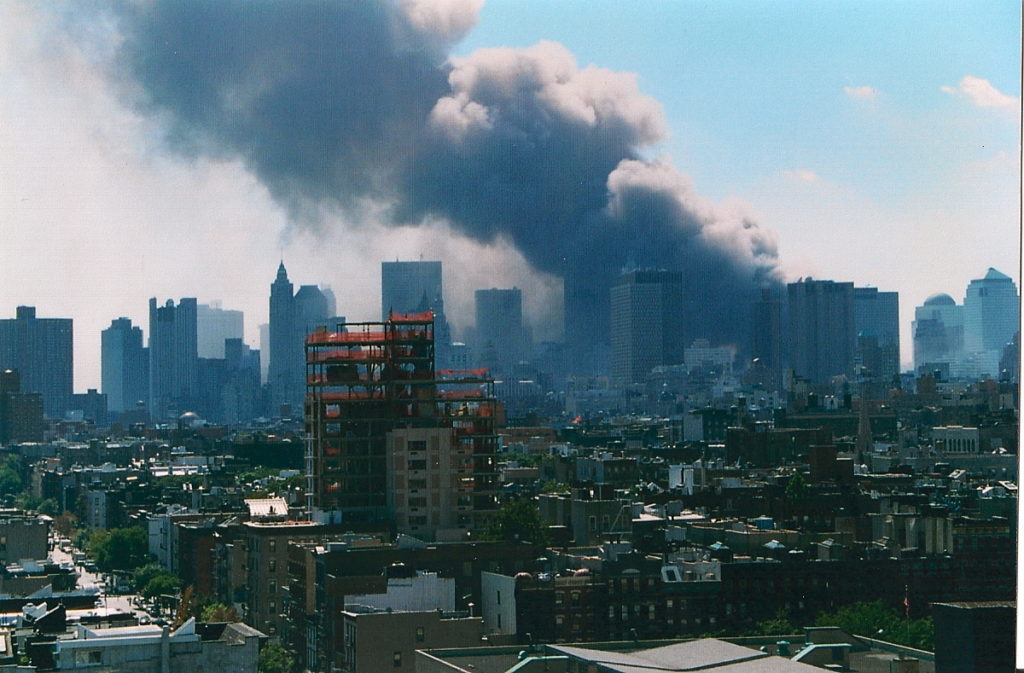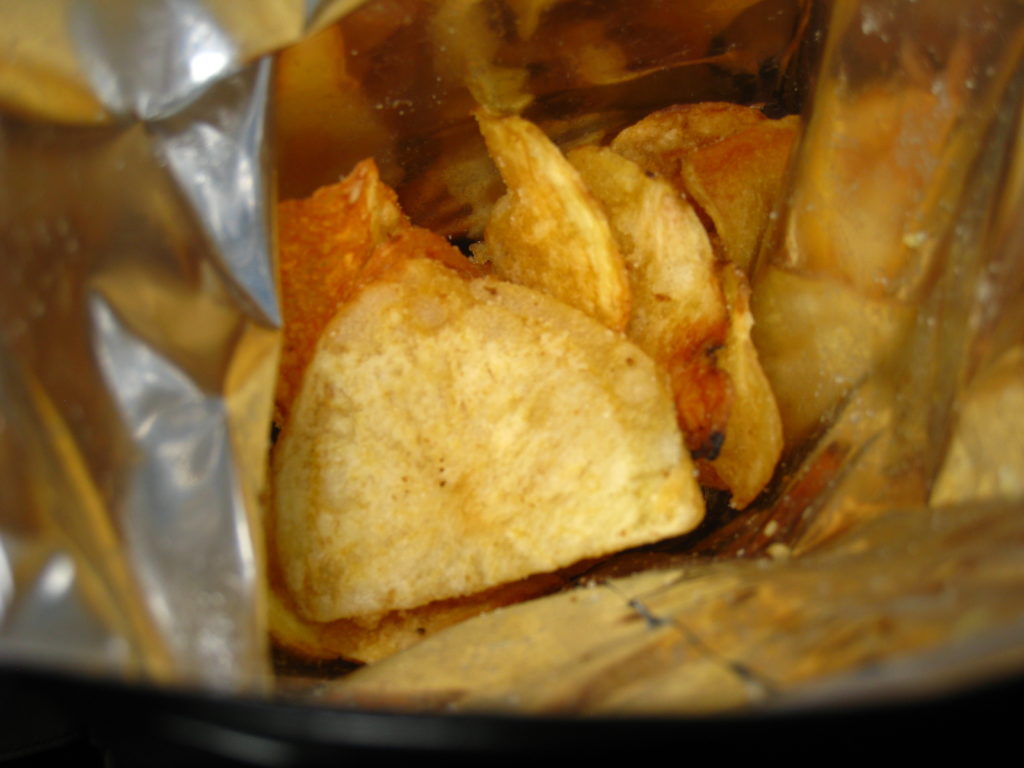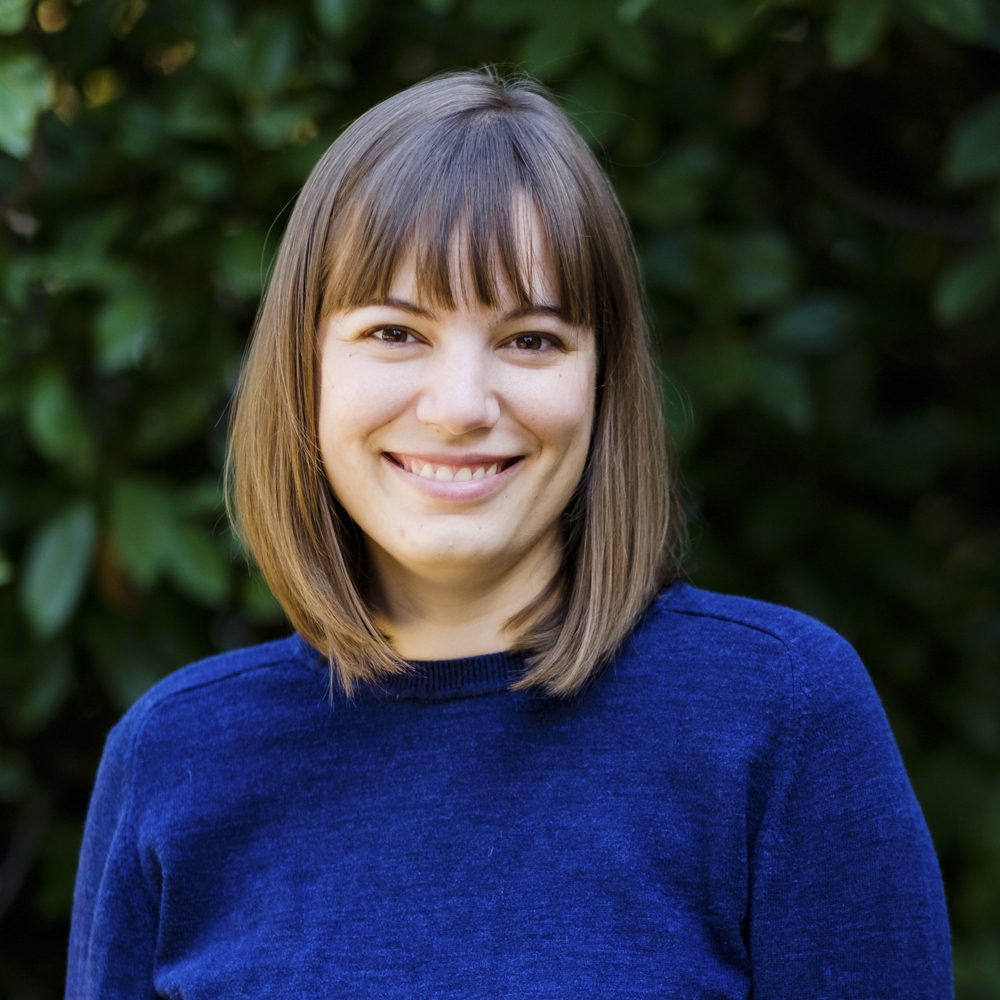Fifteen years ago, my wife Maile and I drove the straight stretch of 95 North where it races through New Jersey, slowing to a stand still as we waited to drive into New York City. The traffic converges there, just outside the Lincoln Tunnel, then slowly submerges, everyone holding their breath for the passage under.
But what I remember most is the way the smoke still billowed from the ground on the other side of the river, a cloud of it reaching out over the Hudson. We were moving to England, one month after 9/11, and the whole world was tipping off its axis.
* * * * *
Our move to England required visas, and those pieces of paper were tied up at the British consulate in NYC, so we hit the road that day in hopes of retrieving the visas personally and in time for our flight to London the following week.
I had been to New York City many times before that, and I looked forward to returning. There was something about the chaos of the city, the constant horns and maddening flow of people, that made it feel like anything might be possible. But when we drove up out of the Lincoln Tunnel and turned to enter the parking garage in the heart of the city, we were met not with the promise of adventure, but by guards with machine guns.
There had never been guards outside the parking garage, but there they were, carrying machine guns, staring straight ahead. They wore what looked like police riot gear. Their faces were emotionless landscapes. They asked for my driver’s licence. They searched the car. They reluctantly took down our license plate number and waved us through.
Still shaking, we climbed out of the car and then out of the underground garage, out into the light. It was then the silence hit us. New York was quiet. I couldn’t believe it. A hush hovered in the alleys and drifted through the streets, like fog, and everything was muffled by it. Barely any of the cars blew their horns. People scurried from here to there, looking over their shoulders.
And there was the cloud. Always the cloud. Rising up like a smoke signal.
* * * * *
We sat for a few hours in the office. We presented our passports. We got the small pieces of paper we needed to start this new life on the other side of the Atlantic.
We walked the quiet streets back to the parking garage and we found our car. The same guards waved us off, and I stared at them in my rearview mirror. They were the new reality.
Back down through the tunnel, up and out again, then south on I-95, all the way. But I kept glancing in my rearview for as long as I could see the column of smoke, and it was deep, and it was foreboding. In those days we wondered what might be next.
* * * * *
A few weeks later, visas and passports freshly stamped, we walked the streets of London, our new home. Black cabs sifted through the traffic, gliding past pubs and red telephone booths. A low, slate-gray sky was barely held up by the buildings.
And on that day, everything stopped. Everything. Cars. Pedestrians. Businesses stopped serving people. A minute of silence for the United States and all that we had lost in 9/11, and a minute is a very long time in a city.
I’ve never experienced anything like it before or since. A city, stopped.
* * * * *
Shawn is a writer living in Lancaster, Pennsylvania. 9/11 photo by Kristen on Creative Commons.




